How to Reduce Waste as a Prepper
Being prepared for uncertain times is essential. I’ve dedicated many years and the main purpose of this blog is to help others in their efforts of being prepared as a prepper. But in our efforts to stock up on supplies and plan for emergencies, we often overlook the impact our preparations can have on the environment.
Reducing waste is not only an eco-conscious choice but also a practical one. This article isn’t just about reducing waste to save the planet, it’s about reducing waste when there’s an emergency and having the items you need when you need them. There may come a time when you don’t have a choice but to reduce waste. I want to share a few tips on how to reduce waste as a prepper.
Reduce Waste As A Prepper
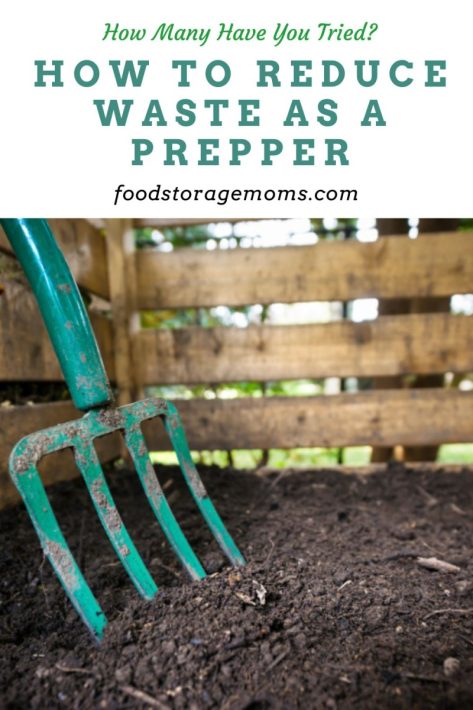
Sustainable Food Storage
One of the key aspects of prepping is storing food for emergencies. However, traditional methods of food storage often involve excessive packaging and single-use containers. By adopting sustainable alternatives, such as reusable containers, mason jars, and beeswax wraps, all of us can significantly reduce the amount of waste generated. Practicing proper labeling, rotation, and organization of stored food can prevent spoilage and minimize food waste. The practice of sustainability is at the core of being an effective and conscientious prepper.
People in the United States waste millions of tons of food every year. Part of that comes from not putting proper meal-planning efforts into effect. Put together a weekly meal plan with menus so that when you go to grocery shop you only buy what your family will eat. You’ll also purchase ingredients in quantities that will make sense and not go to waste.
Putting together a family meal plan includes getting everyone on the same page so they’re willing to eat leftovers and they make sure extra servings are placed in the refrigerator or freezer. Make it a part of your meal routine to clean up right after eating, placing things in sealable bags, a glass jar with lids, or food containers designed to protect food freshness and putting them in the fridge. That goes for veggies, protein-rich meats, beans, and even soups that can be served another day. Taking advantage of special drawers in your fridge that are designed for vegetables, meats, and other foods makes preparing those new recipes with fresh items much easier.
Water Conservation
Climate change has made water an even more vital resource, especially during emergencies. As a prepper, conserving water can not only help reduce waste but also ensure a sufficient supply in times of need. Installing low-flow faucets and showerheads, collecting rainwater, and using greywater for non-potable purposes are effective ways to conserve water. Incorporating water-efficient practices like drip irrigation and mulching in your gardening can help reduce water usage and waste.
Some people love to do laundry, as strange as that may sound. Most new washers and dryers have a larger capacity than in the past, so doing larger loads and saving on water is achievable.
Composting
I know that other preppers (and I do too) often focus on growing their own food to sustain themselves during emergencies. However, gardening can generate a significant amount of organic waste. By implementing a composting system, we can all turn kitchen food scraps, yard trimmings, and other organic materials into nutrient-rich compost. This compost can then be used to enrich the soil, reducing the need for chemical fertilizers and minimizing waste. 101 Homesteading Skills We Need To Teach
If your city doesn’t have an effective recycling program available, consider approaching local agencies to implement one. In the meantime, remember that you can cut down those cardboard boxes and paper goods as additions to your composting pile.
Reduce, Reuse, Recycle
The principles of reduce, reuse, and recycle apply to prepping as well. When stocking up on supplies, consider buying in bulk to minimize packaging waste. Opt for durable and reusable items instead of disposable ones. Repurpose containers and materials for different purposes. You will need to properly sort and recycle waste materials when you can. I know some of you have old butter dishes you can recycle!
I try not to purchase things that come in plastic, if possible. There are lots of things where you don’t have much choice like the gallon jugs with milk. If you’re trying to start your water storage stash, using those gallon containers would be a good temporary start. Just remember, you’ll need to rotate the water every six months unless you use a product like Water Preserver that extends water storage out to five years. Read up on topics relating to repurposing things around your house, it can save you a lot of money over the years.
Energy Efficiency
Conserving energy not only benefits the environment but also helps preppers in a variety of ways in the long run. You can have energy-efficient appliances installed. Let’s not forget that LED lighting can reduce electricity consumption. Use solar-powered or hand-cranked devices whenever possible. I use these tips to conserve heat or cool air inside my home or shelter.
Making sure our homes are properly insulated, having air leaks in windows and doors sealed off, using smart thermostats to control temperature, and having the temperature in our homes more moderate rather than too hot or cold, all can save energy. Be willing to change your clothing needs as the seasons change. That may include wearing tank tops and shorts in the summer and layering up on clothing during the winter months.
Consider drying your clothes outside, weather permitting. I remember seeing my mom hang clothes on a clothesline before we were able to afford a gas or electric dryer. Using the sun to dry clothes may take more effort, but it can reduce the use of natural gas or electricity.
Responsible Disposal
It’s so easy to accumulate a surplus of expired or unused supplies. Rather than simply discarding them, it’s important to dispose of them responsibly. Research local recycling programs for proper disposal of batteries, electronics, and other hazardous waste.
Consider donating excess supplies to charities or organizations in need. It’s possible to find responsible ways to dispose of unwanted items. We can all minimize waste and contribute to a more sustainable future. This is one of the most simple steps to help you learn how to reduce waste, especially as a prepper.
Other Ways to Reduce Waste
- Recycle dirty containers
- Freezing leftovers
- Reducing household waste
- Using sturdy plastic containers that will last a long time and can be used in a variety of ways
- Utilizing natural resources like letting the sun in windows to warm your home in the winter or using wood in your fireplace in winter
- Not using plastic water bottles for hydration. Consider getting a water filter at home some you can feel better about drinking tap water
- Reusing single-use plastic bags, not using plastic bottles at all
- Zero-waste meal prep, meal planning as a family, making a list for the grocery store so you don’t buy things that aren’t needed
- When in the bathroom, decide to shower more often than you take a bath. Bathtubs take a lot of water to fill. Also, try to take a more tepid shower so you’re not having to heat the water at a higher temperature. Also, consider getting a bidet attachment to your toilet. There is some upfront cost, but it can reduce the amount of toilet paper used for “number two,” possibly saving on paper costs.
How should a prepper get rid of human waste?
- Burying – Select an area that is at least 200 feet from a water source and where water doesn’t collect. Label the burial site to prevent accidental digging. Bury the waste in a hole and cover it with soil.
- Dedicated Garbage Can – Use a separate garbage can or roll cart to store waste. Make sure it is secure from pets, flies, and rats. Line the bucket with a heavy-duty trash bag and dispose of it properly when full. 12 Ways Preppers Can Use Old Newspapers
- Composting – If you have access to a compost pit, you can dump the waste contents into it and bury it. This method helps with decomposition. Please do not use this composting bin for your garden.
- Landfill – In a disaster situation, you might consider creating a private landfill on your property to dispose of trash. While not pleasant, it can be an effective method.
- Reduce Flushing – If possible, follow the adage: “When it’s yellow let it mellow, if it’s brown flush it down.” This can save a lot of water if followed consistently and reasonably.
What do you do with human waste in an emergency?
- Emergency Toilet – Designate a specific area or use a portable camping toilet if available. Line the toilet with a plastic bag or use a bucket with a tight-fitting lid. After each use, add sawdust or kitty litter to control odors and cover the waste. When the toilet is full, seal the bag or secure the lid tightly and store it in a separate, designated area. How To Make Your Own Portable Emergency Toilets
- Dig a Latrine – If it is safe to do so, dig a shallow trench at least 200 feet away from water sources and your living area. Use a shovel or other suitable tool to dig a hole that is approximately 6-8 inches deep. After using the latrine, cover the waste with soil, lime, or ash to aid in decomposition and reduce odors.
- Chemical Toilets – Chemical toilets or portable camping toilets with waste treatment capabilities can be used in emergencies. These toilets typically utilize chemicals or enzymes to break down waste and control odors. Follow the manufacturer’s instructions for the proper use and disposal of waste.
- Improvised Waste Disposal – In situations where resources are limited, you may need to improvise waste disposal methods. This could include using sturdy plastic bags as makeshift toilets or constructing simple latrine structures using available materials. Remember to maintain hygiene practices and wash hands thoroughly after handling waste.
- Emergency Car Toilet You Need In Your Vehicle
- Top Emergency Toilet Options
- How to Deal With Human Waste When the Power Goes Out
Final Word
I know that by implementing sustainable practices, we can all minimize our impact on the environment. From sustainable food storage and water conservation to composting and responsible disposal, every step towards waste reduction is important. I know in my prepping efforts, I try really hard to make sure I’m not wasting! There may come a time when we don’t even have an opportunity but to be less wasteful, the economy is only getting tighter and tighter. May God Bless this World, Linda
Copyright Images: Composting In an Autumn Garden Depositphotos_89580968_S, Composting With A Garden Fork Depositphotos_63256533_S

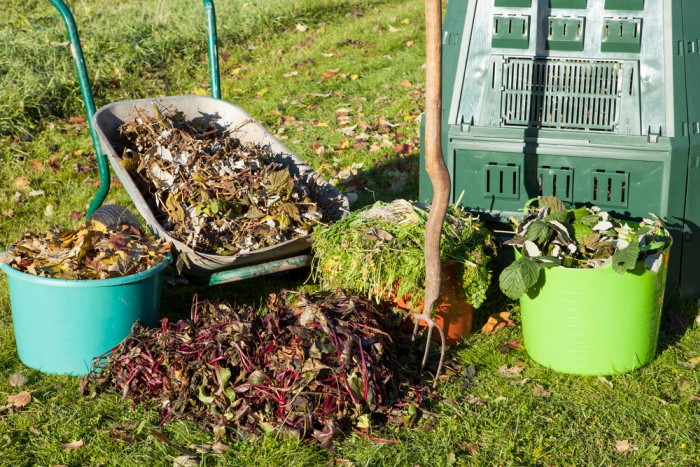



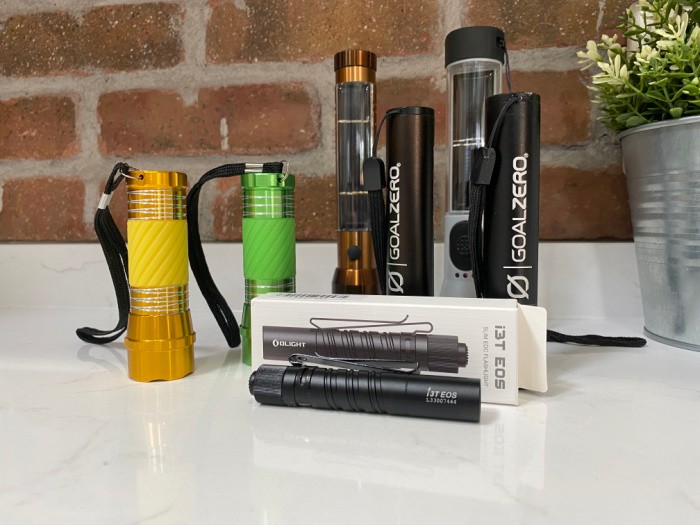


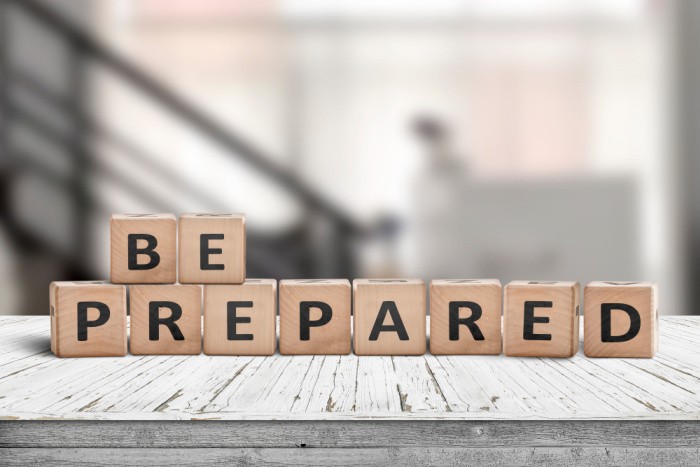
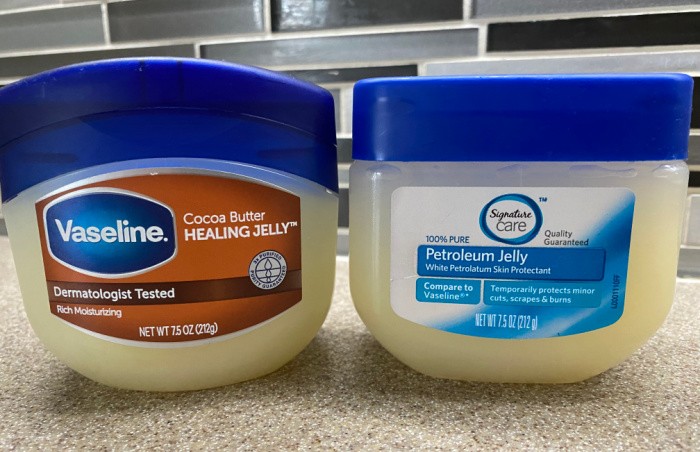
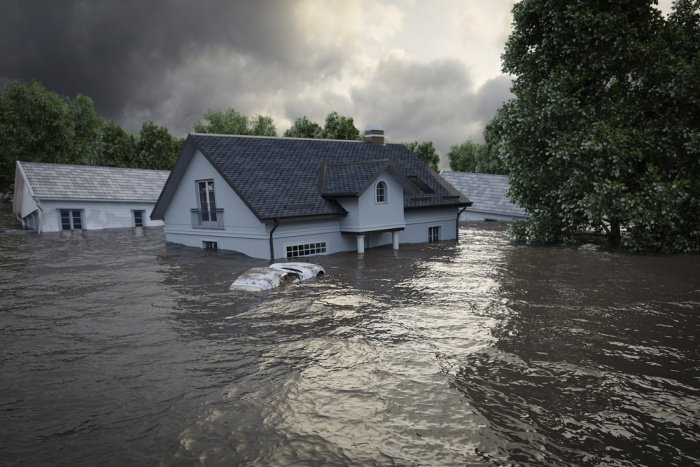


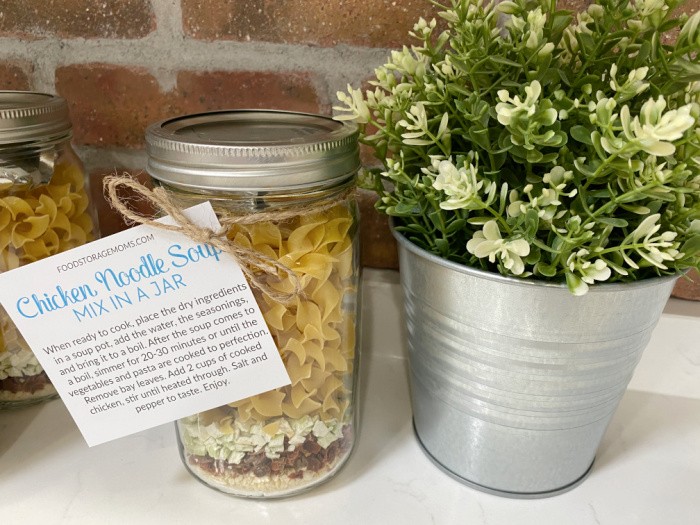
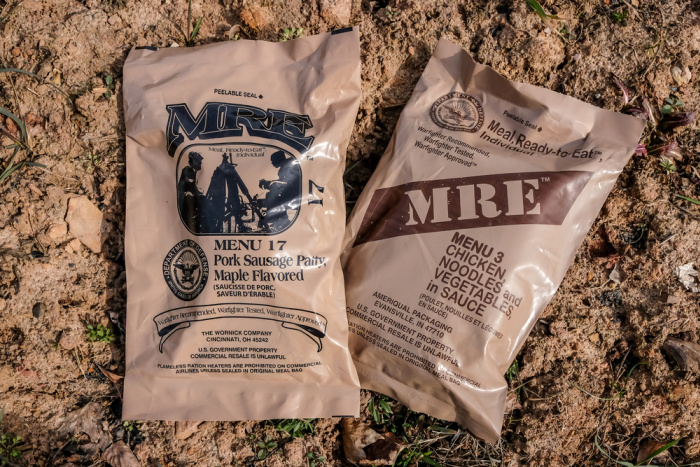




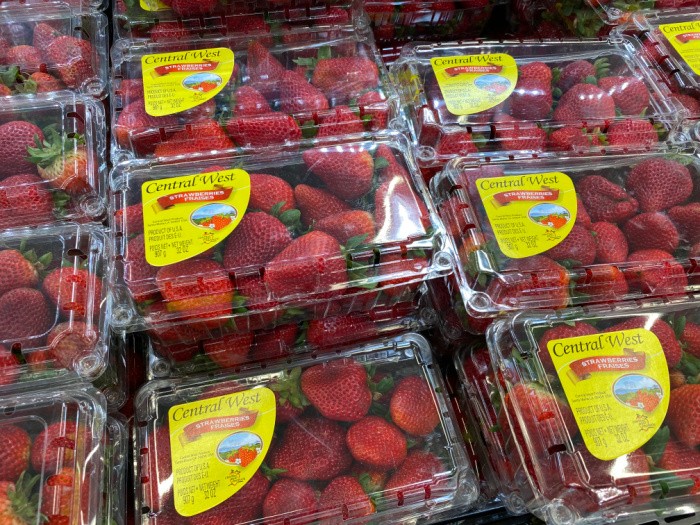
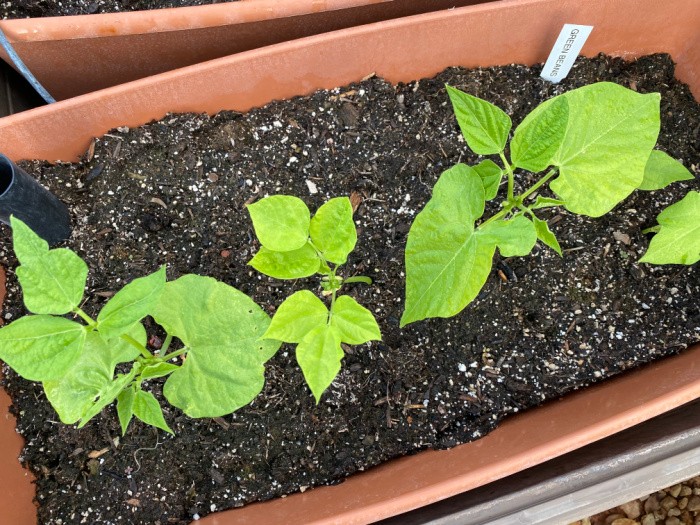

I found some hand held bidets. It’s a bottle with a long nozzle that you fill with water. Squeeze to squirt the water where needed. I bought two. I haven’t used one yet, but have it when needed. I really need to use it to see how it works. I also have some personal cloths that I made from worn out towels. Haven’t needed to use them, but I have them if/when the time comes. I’m trying to reduce waste to reduce the landfills. We do take our trash to our local landfill as it costs $1 a bags, which we have about 6 a month. To have a trash pickup, costs $50 or more per month. The landfill is about 5-6 miles away.
HI Deborah, wow, this is awesome! I will look for the bottles with a long nozzle. Trash pickup is $50 a month, ouch! You are smart to take it yourself. Plus when you have to pay per bag it makes you think twice about what you are throwing out! Love this, thank you for sharing! Linda
I’m a great-grandmother and I remember getting those bottles postpartum after the births of my children. They’ve been around a long time. My daughter needed one for after a hysterectomy and we finally found one in the newborn baby section of Target. Definitely worth having!
Hi Robbie, thanks for the heads up where to get them!! Linda
Using renewable sources during emergencies is important to reduce waste of products that might not be replaceable.
IE: use the fresnel lens vs a lighter or magnesium fire starter because post event you can’t just order a new one on Amazon.
Use unfiltered water on the garden or in the toilet. Save the filtered for hygiene, medical and drinking.
Cook outdoors with wood and save the propane for inclement weather.
Hi Matt, great comment and tips. We really do need to think outside the box and be prepared for the items we can not replace. Good one. Linda